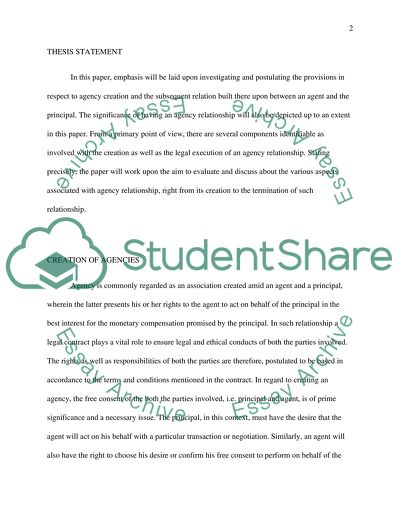Cite this document
(“Business Law course--->Agency-->Principal and Agent relationship Term Paper”, n.d.)
Retrieved from https://studentshare.org/law/1484285-business-law-course-gtagency-gtprincipal-and-agent
Retrieved from https://studentshare.org/law/1484285-business-law-course-gtagency-gtprincipal-and-agent
(Business Law Course--->Agency--&GtPrincipal and Agent Relationship Term Paper)
https://studentshare.org/law/1484285-business-law-course-gtagency-gtprincipal-and-agent.
https://studentshare.org/law/1484285-business-law-course-gtagency-gtprincipal-and-agent.
“Business Law Course--->Agency--&GtPrincipal and Agent Relationship Term Paper”, n.d. https://studentshare.org/law/1484285-business-law-course-gtagency-gtprincipal-and-agent.


